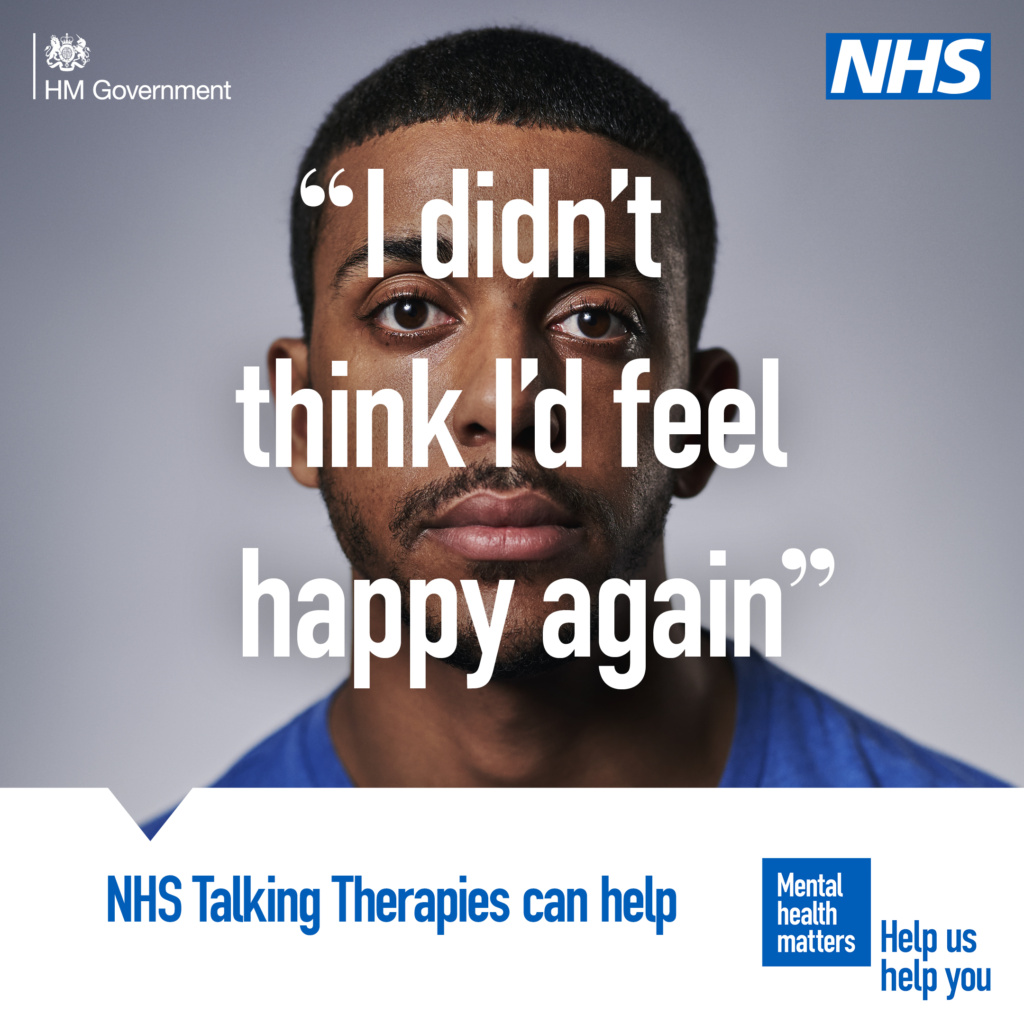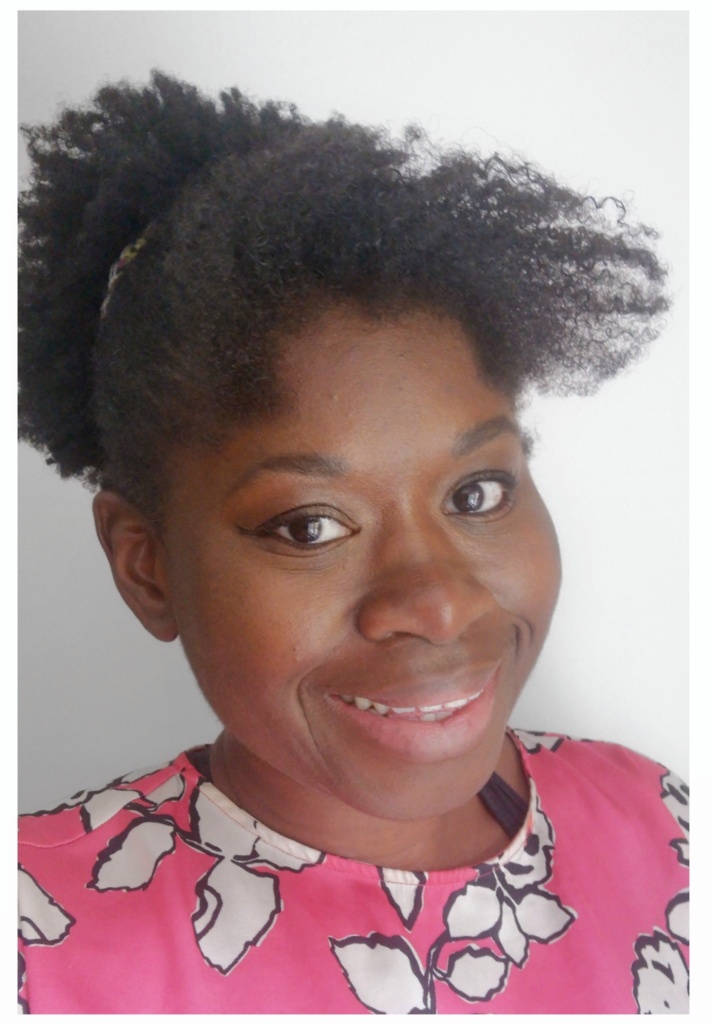
“Growing up as the only Black family in a predominantly white area in Newcastle under Lyme Staffordshire, there were many values my mother tried to instil in me and my siblings to ensure we became respectable members of our community. The one that stood out the most was “use your voice for the good of others,” explains Sharon from Newcastle.
“Living up to her standards wasn’t an issue, as I was a talkative child, who genuinely loved taking care of people. So, using my voice to speak words of kindness, support, and encouragement into the lives of others was second nature to me. It wasn’t until I had my own experience of mental illness, that I lost my ability to voice my concerns that I wasn’t feeling ok”.
“My family was private, and I’d learned through the years to never discuss “family business” with outsiders. I was also fearful that if I opened up and told people what was happening, they might label me as weird, and I would start to lose friends. So, I just kept quiet, and hoped this feeling would go away in time.”
A new poll by NHS England has found two thirds (66%) of people from Black communities have felt concerned about their mental health in the last year*. With just under 2 in 5 (39%) of those asked, reporting they have experienced depression, and over a quarter (27%) admitting to experiencing generalised anxiety disorder.

“There has been tremendous generational stigma surrounding mental health in the Black community,” adds Dr Chinea EziefulaClinical psychologist for NHS Talking Therapies within the North London Mental Health Partnership & Regional clinical lead for NHS Talking Therapies long-term physical health conditions pathways, NHS England. “Mental health problems are not a sign of weakness, and they are certainly not resolved by ignoring and brushing feelings under the carpet or through prayer on its own. We all have difficult times in life and there is no shame in seeking help from a trained professional when such times become overwhelming. To have a mental health problem means having a valid health condition that can be treated. The degree of care and respect you would give a physical ailment can be equally applied to mental health problems.”
“I’d encourage anyone in our community struggling with feelings of depression, or anxiety, to seek help through NHS Talking Therapies services. These are free, effective, and confidential treatments delivered by trained clinicians like me who are happy to help you learn to cope with these common experiences.”

After receiving treatment, Sharon decided to help others by training to become a therapist. She has been working in the sector for almost two decades and is a Senior Counsellor, an IPT Lead Interpersonal Psychotherapist, and an accredited Talking Therapies clinician.
Her experience has taught her the importance of seeking help when you need it and using your voice to help others. Sharon’s work is a source of great pride for her, and she is passionate about helping people to help themselves. She firmly believes that everyone should have access to professional support when they need it and that this can make all the difference.
| NHS Talking Therapies can help provide support and treatment for common mental health conditions, such as: • feeling anxious • feeling low and hopeless • having panic attacks • finding it hard to cope with work, life, or relationships • struggling with flashbacks or nightmares about upsetting events from your past • feeling stressed • worrying a lot • obsessive thoughts or behaviours • fear of social situations • being afraid of things, such as spiders, flying or heights (phobias) The treatments can be accessed online, on the phone, or in person and you don’t need to have a diagnosed mental health problem to be eligible to seek help. Your GP can refer you for NHS Talking Therapies, or you can refer yourself online at nhs.uk/talk. |









